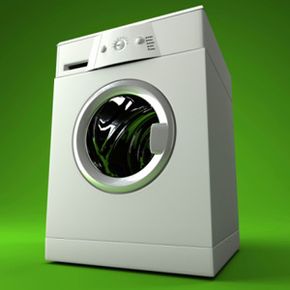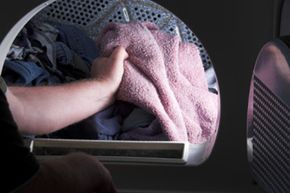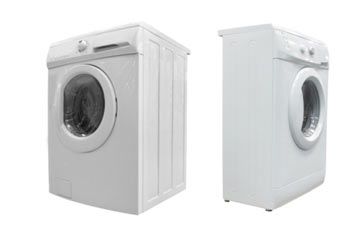Buying a new household appliance is usually a long-term investment, whether you're replacing an old unit or setting up a home for the first time. Why not take advantage of the occasion to buy the most energy-efficient products you can? Before you buy a clothes dryer, though, it helps to understand which is more energy efficient: the gas vs electric dryer.
Both types of dryers function similarly: air is drawn into the dryer, passes through a heating element, warms the clothes inside, collects moisture, and is vented out. Gas dryers heat with gas, whereas electric dryers use electricity. Both types use an electric fan to distribute the heat. Even though both types require a steady stream of electricity, gas models are slightly more efficient.
Advertisement
But don't stop reading here! In this article, we'll discuss more differences between gas and electric dryers, involving costs and efficiency. We'll also address some energy-conserving alternatives.



